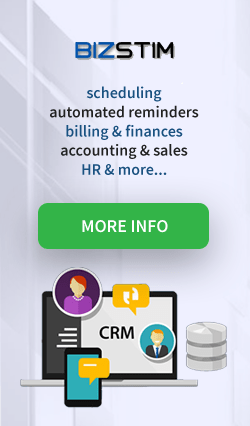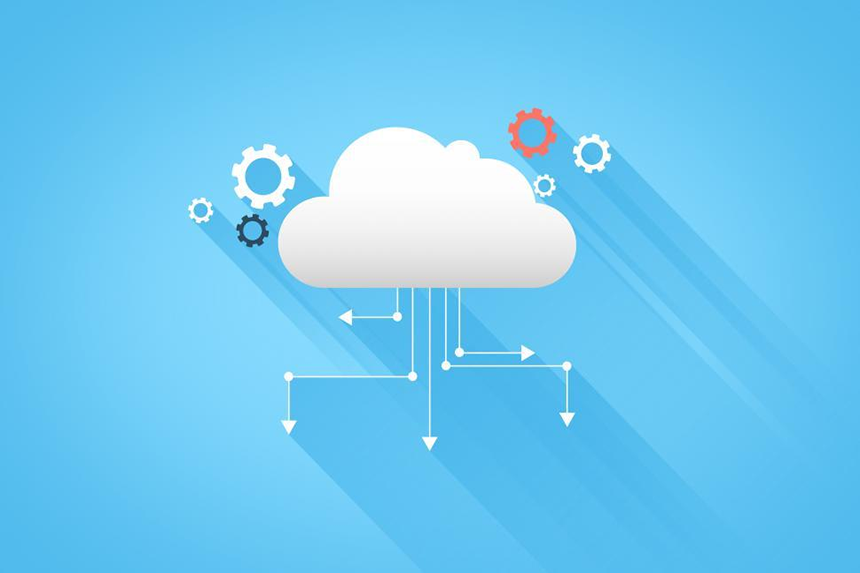
Proper management of your small business's finances is crucial for its success. Cash flow issues often contribute to business failures, making it essential to adhere to accounting best practices and implement effective financial management strategies.
By following these small business accounting tips and considerations, you can ensure the financial stability and growth of your enterprise.
Tip 1. Separate Business and Personal Expenses: To maintain financial clarity, open a separate business bank account. This separation allows you to track and substantiate business expenses for tax deductions while providing personal liability protection and the option for a line of credit.
Tip 2. Utilize Bookkeeping Software: Consider using bookkeeping software or outsourcing bookkeeping tasks to a dedicated professional. Such software automates income and expense tracking, facilitating sound business decision-making. Cloud-based accounting software is popular among small businesses due to its automation and accessibility. Additionally, investing in an ERP system may be necessary as your business grows.
Tip 3. Develop a Budget: Creating a comprehensive budget helps you plan and allocate funds efficiently. It enables you to control expenses, allocate resources and determine financial needs for future growth.
Tip 4. Keep Accurate Business Records: Maintaining accurate and organized business records is vital for tracking income, expenses and business transactions. This practice also ensures compliance with tax requirements and simplifies financial analysis.
Tip 5. The accrual basis or cash basis accounting methods can be used by small businesses: Accrual accounting recognizes revenue when earned and expenses when incurred, regardless of when payment is actually received. Cash basis accounting recognizes revenue and expenses only when payment is received or made.
Tip 6. Keep Good Records: Good record keeping is essential for any business but it is especially important for small businesses. Accurate and up-to-date records make it easier to monitor financial activity, prepare financial statements and make sound business decisions.
Tip 7. Understand the Difference Between Assets and Liabilities: Assets are items of value that are owned by a business, such as cash, inventory, equipment and real estate. Liabilities are debts or other obligations that are owed by a business, such as loans, accounts payable and taxes payable.
Tip 8. Use Accounting Software: Small businesses have a number of different accounting software programs to choose from. These programs can save time and money by automating many of the tasks associated with bookkeeping and accounting.
As a small business owner, you may be wear many hats and have a lot on your plate. One important task that you may not have time for is keeping track of your finances and accounting. This is where accounting software programs can be a lifesaver. By automating many of the tasks associated with bookkeeping and accounting, these programs can save you time and money.
Tip 9. Hire a Qualified Accountant: A qualified accountant can provide valuable guidance on financial matters. An accountant can also prepare financial statements and help with tax planning and preparation.
Tip 10. Review Financial Statements Regularly: Financial statements should be reviewed on a regular basis to ensure that the information they contain is accurate and up to date. Reviewing financial statements can also help identify problems early so that corrective action can be taken. Choose an Accounting Method:
By implementing these small business accounting tips, you can enhance your financial management practices and set your business up for long-term success.
Let's consider some of these tips with greater detail.

Separate Business and Personal Expenses
When running a small business, it's important to keep your personal and business finances separate. Opening a dedicated business bank account is a key step in achieving this separation. By having a separate account for your business, you can easily track and substantiate your business expenses for tax deductions.
But the benefits of separating business and personal expenses go beyond tax purposes. Having a separate business bank account also offers personal liability protection. By keeping your business funds separate from your personal funds, you create a boundary that safeguards your personal assets in case of any legal issues or financial liabilities related to your business.
Another advantage of having a business bank account is that it gives you access to a line of credit. This can be extremely beneficial when you encounter cash gaps or need additional funding for your business. Instead of relying on personal funds or applying for personal loans, a business line of credit can provide you with the necessary working capital to keep your business operations running smoothly.
Key Benefits of Separating Business and Personal Expenses:
- Track and substantiate business expenses for tax deductions
- Personal liability protection by keeping business funds separate
- Access to a line of credit to cover cash gaps
Separating your business and personal expenses is a fundamental practice that contributes to the overall financial health and success of your small business. By opening a business bank account, you can streamline your financial management, safeguard your personal assets, and take advantage of opportunities for growth and expansion.
Utilize Bookkeeping Software
Managing your business's finances can be a complex task, but with the right tools, you can streamline the process and make informed decisions. One essential tool for small businesses is bookkeeping software. By leveraging technology, you can automate the tracking of income and expenses, saving you time and effort.
Many small business owners choose to outsource their bookkeeping tasks or employ a dedicated bookkeeper. However, if you prefer to handle it yourself, using accounting software can be a game-changer. Cloud-based accounting software, in particular, is gaining popularity due to its automation capabilities and accessibility from anywhere with an internet connection.
When selecting bookkeeping software, look for features that enable you to generate accurate financial statements. This will give you a clear snapshot of your business's financial health. Additionally, consider software that integrates with other essential business functions, such as invoicing and inventory management, to streamline processes and improve efficiency.
As your business grows, you may find that its accounting needs become more complex. At this stage, investing in an ERP system (Enterprise Resource Planning) might be necessary. An ERP system can handle more advanced accounting tasks while providing integration with other business functions, such as human resources and supply chain management.
One such accounting software program is Bizstim. Bizstim is an affordable, web-based accounting solution designed for small businesses. With Bizstim, you can easily track your income and expenses, create and send invoices, manage your customers and vendors and more. Plus, Bizstim integrates with many popular business applications, making it even easier to use. If you're looking for an accounting software program to help manage your small business finances, be sure to check out Bizstim.
What other business accounting tips and considerations do you follow?








